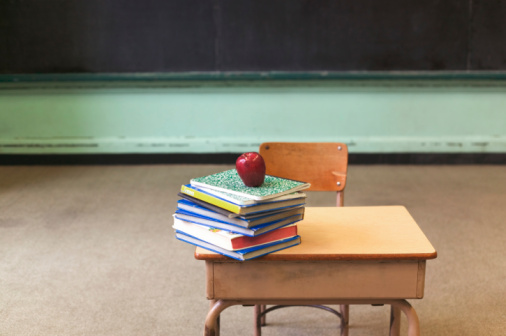the Seeds of Science
Your source for the latest from the University of Toronto's department of Ecology and Evolutionary Biology
When taking a leave is the right thing to do.
I’ve never met anyone who needed a break when everything was going well. Chances are you consider taking a leave of absence when the stress of life and graduate school has made it difficult for you produce your best work (or any work). This is what happened to me. I found myself unable to focus and was spending my time feeling anxious and upset.
I took eight months off from graduate school. At first I struggled with my decision to go on leave because I was overwhelmed with feelings of failure. I think accepting that you need to take a break can be hard for a lot of students. But taking this time away from my studies was one of the best things I have ever done for myself! I am certain that if I had stayed I would have continued to spiral downwards until I dropped out of grad school.
If you feel unhappy and unproductive, you might consider taking some time off.
Here are some things you should consider before committing yourself to a leave of absence.
The logistics of taking a break
You are going to need to justify your leave of absence with ‘serious health or personal problems’ when you fill out the paperwork, so before you get to this stage, talk to your supervisor(s) and the graduate coordinator in your department. When approaching your supervisor, be honest and direct about how you are feeling and what you need. It can be helpful to ask another faculty member for advice first; he or she can offer some reassurance and act as a support if necessary.
Breaking the bank?
When thinking about taking a leave of absence, remember that you won’t get paid for the time that you are away. You will need some savings or a job. It is also worth noting that since you aren’t a registered student, you will not have access to the gym or other student services such as Counselling and Psychological Services (CAPS) unless you opt in on your leave of absence form. Another drawback, if you go on leave at the beginning of the academic year, as opposed to starting your leave in January or May, is that you won’t receive health and dental coverage through the GSU until the following September. This doesn’t make much sense to me because at a time when you may need health insurance most, the GSU allows some students to access these benefits, but not others, depending on when you go on leave.
Coming Back
It will take some time to get back into the full swing of things after returning to school from a prolonged absence. For me, it was kind of like starting grad school all over again, except this time I knew what I was getting into, but I was missing the momentum I’d had the first time from having just finished undergrad. For the first month I had trouble just getting up and going to school for a certain time. I couldn’t concentrate for more than a minute or two, and easily became frustrated. I had to regain my intellectual capacity to think and learn, not to mention go back over important concepts and papers and relearn some technical skills.
There are also emotional challenges that accompany this adjustment period. The time away, plus the time it takes to get back on your feet academically, leaves you feeling behind everyone in your cohort. I lacked confidence before I left school; I came back with even less. Luckily, I am in a great position to form new habits, and I steal a little confidence back everyday as these new work habits make me a better researcher and graduate student.










